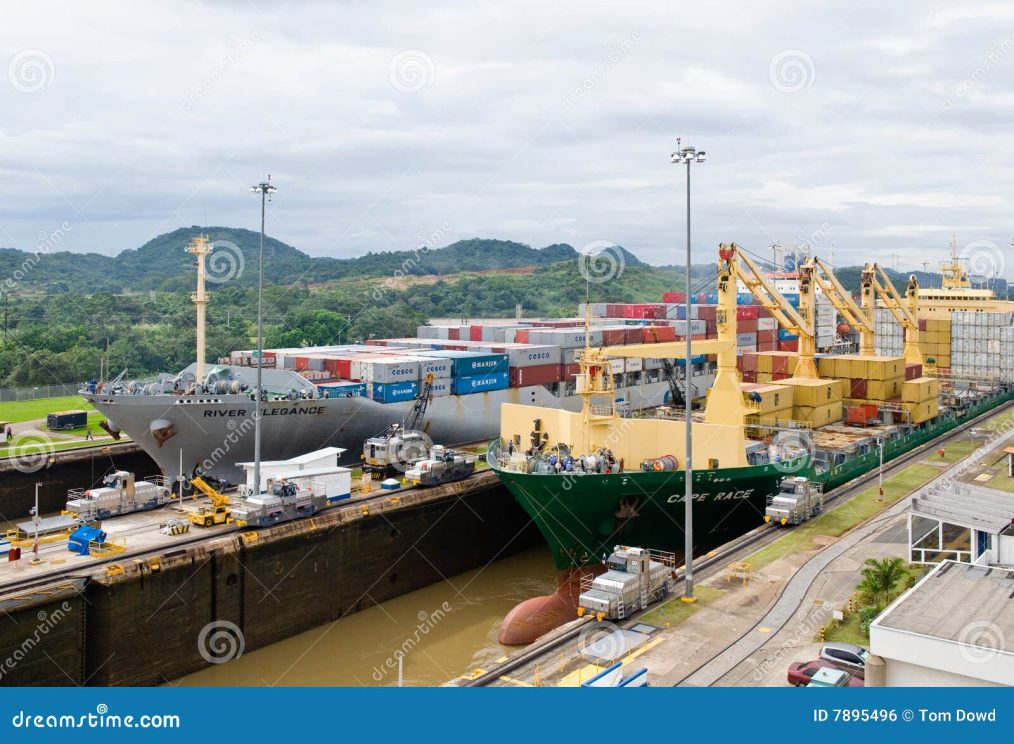
Panama Cuts Ties with China’s Belt and Road Initiative Amid US Pressure
Panama has decided to cut ties with China’s Belt and Road Initiative (BRI), following a visit from U.S. Secretary of State Marco Rubio. The move has been hailed by supporters of President Donald Trump as a strategic win, while critics argue it risks regional instability.
On Sunday, February 2, 2025, Panamanian President José Raúl Mulino announced that his country will not renew its agreement with China’s BRI. The trade and development pact, originally signed in 2017, is set to expire, but Mulino is reportedly exploring ways to end the agreement even sooner. While the legal and logistical hurdles of an early termination remain unclear, the announcement signals a major shift in Panama’s international economic partnerships.
Panama’s decision follows months of increasing pressure from the United States. President Trump, had previously suggested that the U.S. should reclaim control of the Panama Canal, arguing that “American ships are being severely overcharged.” Trump also accused China of effectively controlling the canal through its economic influence and investment in Panama’s infrastructure.
Secretary of State Marco Rubio’s visit to Panama City further reinforced U.S. concerns about China’s growing presence in Latin America. His discussions with Panamanian officials emphasized strengthening economic ties with the U.S. while discouraging reliance on Chinese infrastructure projects.
With the Belt and Road Initiative out of the picture, Panama is now looking to the U.S. for infrastructure investment to fill the gap left by China. During a press conference, President Mulino expressed interest in U.S. financial support for infrastructure projects and trade partnerships. However, he reassured the public that the Panama Canal’s sovereignty remains firmly under Panamanian control.
The shift away from China’s BRI could reshape Panama’s economic landscape, but it also raises questions about the country’s long-term development strategy. While some view the move as a necessary realignment with the U.S., others worry about the economic consequences of cutting ties with one of the world’s largest investors in global infrastructure.
As the geopolitical tug-of-war over Latin America continues, all eyes will be on how the U.S. responds to Panama’s call for investment and whether China will attempt to maintain its influence through other diplomatic or economic means.




